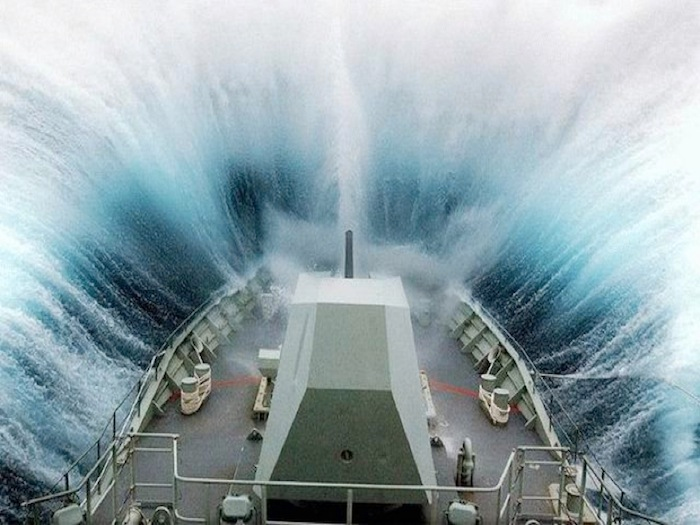Dr.ir. H.J. Prins
Name: Dr. Ir. H.J. Prins
Affiliation: R&D manager MARIN
Biography: Henk Prins studied Applied Mathematics at Delft University of Technology. He then focused on numerical modeling of ship motions in waves, completing a PhD in 1995. He moved to MARIN, where he become involved in software development, of both numerical tools and user interfaces. He managed the software development department for 6 years, while managing large projects on full-mission bridge simulators and on design tools. Since 2007 he manages the R&D department of MARIN. This department is mainly focusing on advanced numerical tools and their validation with experiments.
Henk is heavily involved in European research projects, and has lead two large projects on ship propulsion. He is chairing the European research association “Vessels for the Future”, bringing together all maritime stakeholders, such as yards, suppliers, research institutes, academia, and class societies. He is participating in setting up research road maps such as “De Nationale Wetenschapsagenda”, and the European research road map on clean shipping.
Title of talk: Challenging the most common of all fluids: water
Abstract: More than 70% of the our planet is covered with water. And already for thousands of years, humans all around the world have used this water to their advantage: they used small boats as transport on rivers, they used water mills to drive their machines, and they used the oceans to discover the world. Today, 80% of international trade is transported by ships; a large part of the European fossil fuels is found offshore; and we install large wind farms in the North Sea to meet our targets for renewable energy. But what do we really know about the sea? What do the human-made structures face out there? And how can we design ships and structures to be safe, efficient and clean?
In this presentation I will demonstrate the physical challenges that we face at sea. Challenges posed by the most common of all fluids: water. I will show the large numerical problems we still face when analysing water flows in ship design, and why we welcome the DCSE initiative to help us master the seas!
